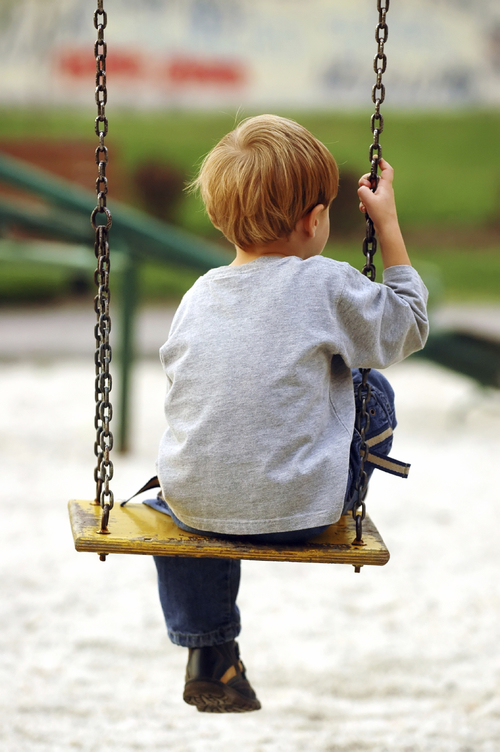
Children with a history of trauma and attachment difficulties often struggle to learn and are challenging to teach. Understanding the importance of attachment in child development can help teachers, classroom assistants and other school staff support a child’s emotional regulation, behaviour and learning, resulting in fewer meltdowns, better outcomes, and a calmer school environment.
TESSA can fund a two-hour training session to schools in attachment and developmental trauma and, if required, strategies and services to support individual children with specific issues. To qualify for the service, schools need to have at least one adopted child on their register, age 12 years or younger. Feedback from these training sessions indicates that the content of the course applies to many other non-adopted children with emotional and behavioural difficulties.
Topics included on training session:

We offer training in therapeutic parenting because learning to parent therapeutically is the single most important thing you can do to help your adopted child. Support and therapeutic services can provide help at critical times and with specific aspects of adoption, but it is the everyday interventions of parents, teachers and child carers that have the most power to transform a child’s life.
Much of traditional parenting assumes that a child feels safe at home and trusts their parents and their motives to care for and discipline them. This style of parenting also assumes that children learn from consequences, are able to do a lot for themselves, and accept their parents’ values, ideals, and goals. For adopted children these assumptions are wrong. Our children have had experiences that young children should never have to go through. They have felt scared and alone, been abandoned, hurt or hungry early in life and they’ve had no choice but to adapt to survive these experiences.
When our children come to live with us, these adaptations show up as difficult behaviours that make it hard for us to care for them. This is especially challenging when a child appears to not need us and won’t allow us to love them. We believe that therapeutic parenting can help build and nurture these connections into a way that allows our children to accept our efforts to parent and love them.
Therapeutic parenting is an intensive type of parenting based on high structure, high nurture, empathy and acceptance. It is aimed at connecting with a traumatised child so they can feel safe enough to begin to heal and attach.
TIPS FOR THERAPEUTIC PARENTS
If you have often wondered these questions as a parent, to child who has been adopted, then you should consider attending our Love and Rage course. Love and Rage is a six-week programme for parents of adopted children to explore these frequently asked questions. This course is aimed at parents of children who are struggling to handle and process their big emotions such as rage and anger.
As children get older and grow bigger, their aggressive behaviours can continue to grow and get bigger too. Aggression is a commonly reported challenge for many families who have an adopted child(ren). This programme is tailored to meet the needs of these parents, in a safe, non-judgemental way, to explore how we connect to the child who seems unreachable at times and to provide support when things are feeling overwhelming on your parenting journey.
This is a six week programme, delivered weekly in two-hour group sessions.
TESSA
Family Routes
Ground Floor
Unit 2
18 Heron Road
Belfast
BT3 9LE
T: 028 9046 9211
TEXT: 07484054774
E: tessa@familyroutes.co.uk
Family Routes Charity No: 101826 Company No: NI24153